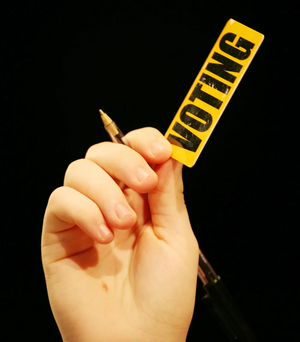Local views sought on councillor numbers at South Hams District Council

The independent Local Government Boundary Commission for England is asking local people how many councillors they think should represent South Hams District Council in the future.
The six-week public consultation is the first part of an electoral review which will also consider changes to the number, names and boundaries of the council's wards.
The Commission has considered evidence submitted to it by the council and political groups and is now consulting residents on a proposal that would see the authority represented by 30 councillors in future, ten fewer than the current arrangements.
The Commission is asking local people whether they think 30 is the right number of councillors for South Hams.
The consultation closes on 4 June 2013, after which the Commission aims to publish its draft recommendations for a new pattern of wards for South Hams in August 2013 when it will consult local people again.
Final recommendations are due to be published in January 2014 and the new electoral arrangements would come into effect for the council elections in 2015.
To have your say online on the ConsultationOpens new window page, email: reviews@lgbce.org.uk or please write to:
Further information about the review is available on The Local Government Boundary CommissionOpens new window website and residents can have their say directly at: consultation.lgbce.org.uk/node/794/la=328
To have your say online on the ConsultationOpens new window page, email: reviews@lgbce.org.uk or please write to:
The Review Officer (South Hams)
Local Government Boundary Commission for England
Layden House
76-86 Turnmill Street
London EC1M 5LG
